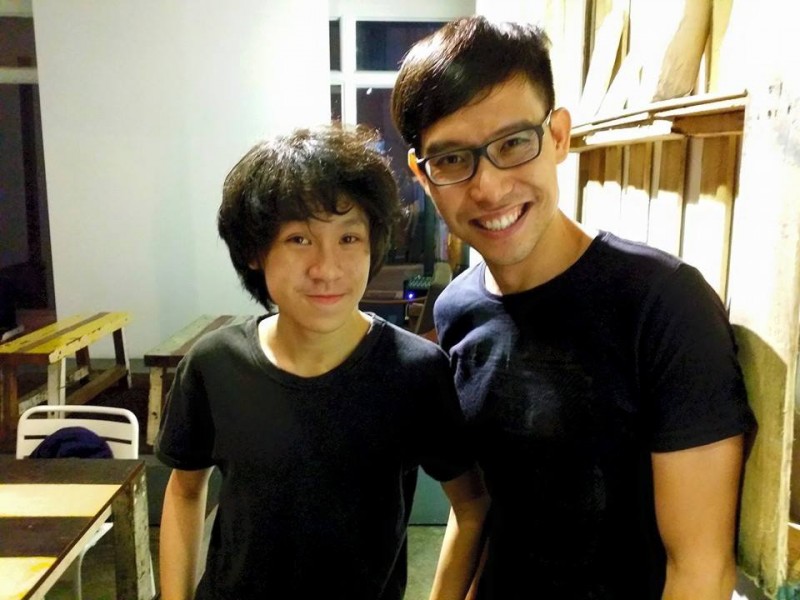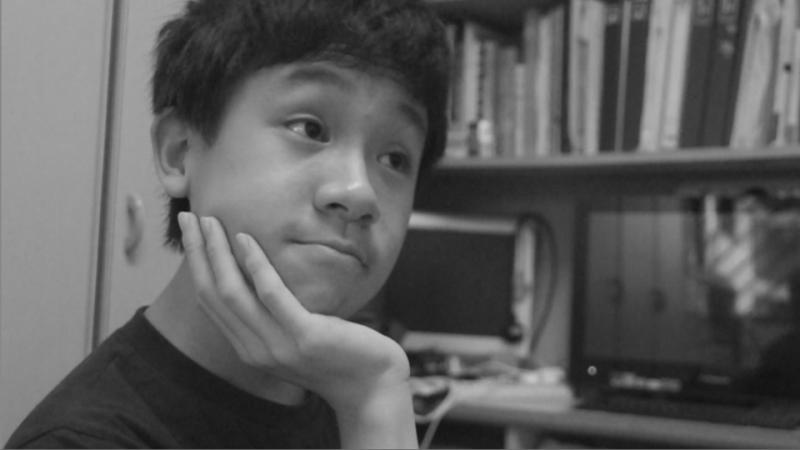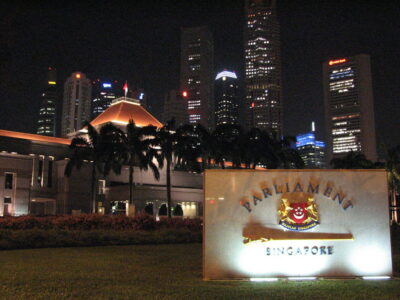There was nationwide grief and mourning when Singapore’s founding Prime Minister Lee Kuan Yew died last month. His passing united the people who paid tribute to a leader who led the city’s transformation from a poor island in the 1960s into a prosperous society today.
But there were also those who chose to highlight Lee Kuan Yew’s policies which they believe caused a lot of suffering, such as the excessive regulation of the media and persecution of the political opposition.
One of the critics was Amos Yee, who posted an eight-minute video entitled “Lee Kuan Yew Is Finally Dead!” The police received 20 complaints related to the video, which became the basis for arresting Amos Yee. Harassment charges were filed, despite the fact that Amos Yee is only 16 years old.
Amos Yee is a teenager video blogger who has been actively and aggressively sharing his views on several issues such as homosexuality, Christianity, economy, movies, and Singapore politics. He is praised for bravely articulating his opinions, but he is also criticized for using rude language and vulgar images in his videos.
His video commentary on Lee Kuan Yew angered many who felt it was inappropriate, insensitive, and disrespectful. Because of this, he was charged with harassment for causing ‘distress’ to those who viewed the video. Further, he was also slapped with two more charges: offending the religious sentiments of Christians, and circulating an obscene material. If found guilty in these three cases, he can be detained for three years.
There are few in Singapore who openly support the views expressed by Amos Yee. But many are concerned over the decision to arrest a teenager for expressing an unpopular opinion. For journalist Kirsten Han, his case reflects the state of free speech in Singapore:
You can be reported and arrested for being offensive and annoying and rude and vulgar and disrespectful. That it can be a criminal offence to say things that people don’t like to hear.
Apart from the problems of using handcuffs on minors, is this really a proportional response to a YouTube video? Can we really, hand on heart, look at this treatment of a teenager and say that this is a rational, mature reaction?
But for student Yuen Wei Ping, one of those who complained against Amos Yee, the filing of a case can help prevent the young video blogger from committing bigger crimes in the future:
From what I can see of him, he is closed to the opinions of others. I hope to stop Amos from making any worse mistakes in the future, because even though he is arrested for these charges now, he may be arrested for worse things in the future.
Another complainant, lawyer Chia Boon Teck, asserted that “disrespectful comments” should be reported to authorities:
Let all Singaporeans stop tolerating such disrespectful comments made against Mr Lee and take the individuals who make them to task, by raising the issue with the relevant authorities or the individuals’ respective professional or governing bodies.
Playwright and poet Alfian Sa'at described this argument as dangerous to free expression. “Instead of engaging with the substance of someone else’s arguments, what you do instead is tone-policing.”

Amos Yee and Roy Ngerng Yi Ling, Singapore bloggers who are facing legal cases today for expressing their views. Photo from Facebook page of Roy
Roy Ngerng Yi Ling, a blogger who was sued by the prime minister for alleging that there were some anomalies in the government housing program, declared his sympathy for Amos Yee:
Even if we disagree with Amos, should we ask for him to be jailed? Should we asked for him to have his future destroyed, just because we disagree with something he said? I am speaking up because how we think about Amos and how we engage him says more about our society than about him.
There is an online petition which emphasizes that Amos Yee’s statements do not undermine the Christian faith. “His opinions about our Lord and Saviour Jesus Christ neither threaten our faith nor diminish our love for Him.”
Another online petition initiated by Community Action Network urged for a more mature discussion with regard to his case:
Yee’s opinions about the late Lee Kuan Yew—no matter how offensive to admirers of the former Prime Minister—should be viewed as opinions of an individual. A mature society is one in which people engage each other in rational discourse, not one which resorts to punitive action to silence those with opinions deemed disagreeable.
Writing for The Online Citizen, Howard Lee weighs both sides in favor and against the cause of Amos Yee and makes this appeal:
What we should have gone after is not the person voicing out, but the content of what has been voiced out. We can grudgingly accept that it contains nuggets of truth, as much as we can accept that it was offensive and made in bad faith.
After spending four nights in jail, Amos Yee was freed today, April 21, 2015, on bail. His pre-trial conference is scheduled on April 30, 2015.




